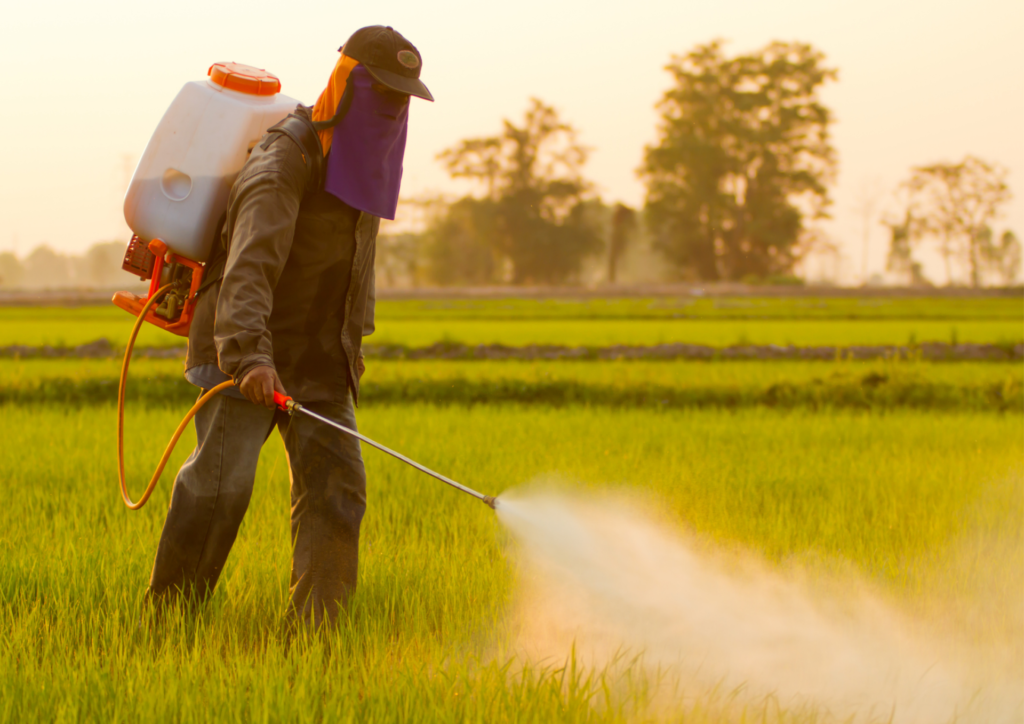A Belgian NGO attacks crop protection products that keep food safe and affordable
“Alternatives to sulfoxaflor exist, what are we waiting for?” titles a blog post on the website of the Belgian environmentalist NGO Nature&Progrès.
The post argues that given the available alternatives to modern insecticides, it should be reasonable to phase them out indefinitely. It claims that we are facing an insect apocalypse caused by crop protection tools – however, both statements are untrue.
The warnings of a so-called “insect apocalypse” date back to 2019, when a study titled “Worldwide decline of the entomofauna: A review of its drivers” by Francisco Sánchez-Bayo, from the School of Life & Environmental Sciences at the University of Sydney, predicted a spiralling decline of insect populations worldwide.
“It is very rapid. In 10 years you will have a quarter less, in 50 years only half left and in 100 years you will have none” Bayo told The Guardian in February.
This study has since been debunked by researchers at the University of Oxford, who point out that out of the 73 studies Bayo reviewed, he highlights only those that show significant reductions in insect populations, and that he made “false statements on the lack of data for ants”.
The critiques go further. The premise of the insect apocalypse Bayo describes rests on the “red lists” - the presumably growing list of extinct species. However, the red lists contain insects that have regionally disappeared, not those that are globally extinct. In certain regions of the world, due to weather changes, certain insects displace to find more suitable living conditions. While on a case-by-case basis we can identify if human involvement, notably habitat loss, was the cause, this doesn’t mean that the insects are globally extinct.
The intellectual shortcuts in the Bayo study were striking, and not just based on an inaccurate reading of the data: three studies that he cites in support of pesticides being the only cause of insect decline do not actually say that.
Nature&Progrès goes beyond the claims made by Bayo, blaming all neonicotinoid insecticides and the neonics-alternative sulfoxaflor for insect deaths. It provides no data or link to a scientific study that underlines this argument. A hard task in any regard, namely because sulfoxaflor has not been shown to affect honeybee populations, even though this is regularly repeated.
Incidentally, Nature&Progrès dabbles in the same surface-level assumptions that lead the French National Front to demand a ban on sulfoxaflor in 2015 – an amendment rejected by the European Parliament.
Let’s not forget why European farmers use crop protection tools such as insecticides in the first place. Pests threaten crop output each year, to the extent that France has granted an exemption on its ban of neonicotinoids, as beet farmers were facing a complete wipe-out.
Meanwhile, in markets where neonic pesticides continue to be used, honeybee populations are actually steady or increasing. In short, a ban on crop protection tools threatens the livelihood of farmers, the food security of European countries, and can further increase food prices that are already affected by inflation.
Environmentalist NGOs are suggesting to move to an “agro-ecological” baseline of farming instead.
According to its original definition, agroecology is simply the study of ecological practices applied to agriculture. What started out as science, however, has morphed into a political doctrine that not only rules out modern technologies such as genetic engineering, advanced pesticides and synthetic fertilizer but explicitly extols the benefits of “peasant” and “indigenous” farming and in many cases discourages mechanization as a way of freeing the world’s poor from backbreaking agricultural labour. Add on to a hostility to international trade and intellectual property protections for innovators (“seed patents,” which are standard in all advanced crops, not just GMOs, are a frequent cause of complaint) and you can see why agroecology’s promoters so often talk about it as “transformative.”
We should remember that not all “transformations” are good. They can just as easily be bad, even catastrophic.
A study by pro-agroecology activists found that applications of their principles to Europe would decrease agricultural productivity by 35% on average, which they considered a positive, as in their view Europeans eat too much anyway. It’s hard to see how a 35% drop in productivity would protect European from rising food prices, and how a complete phase-out of crop protection equipment would ensure adequate food safety.
Promoted by the Consumer Choice Center
Opinion by Bill Wirtz, Senior Policy Analyst at the Consumer Choice Center


